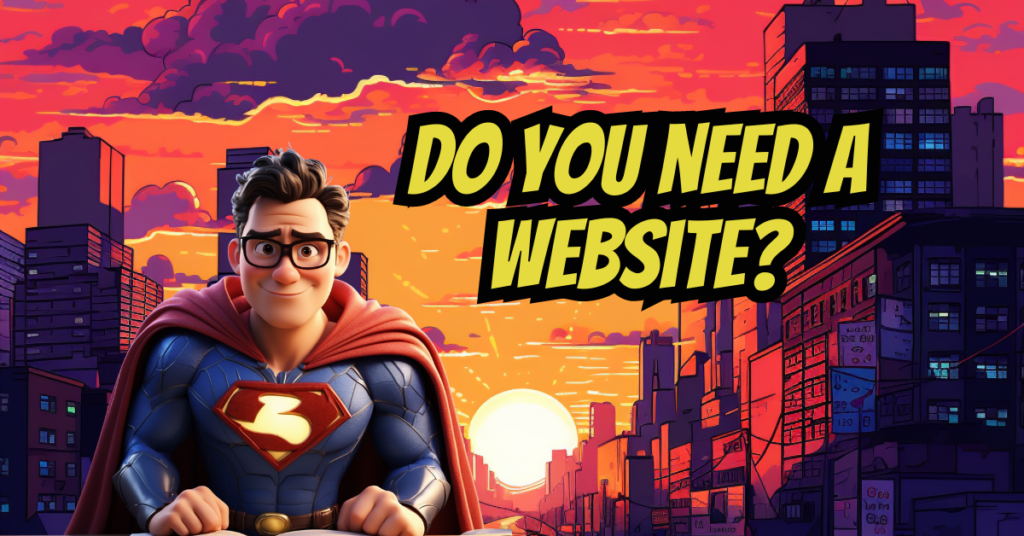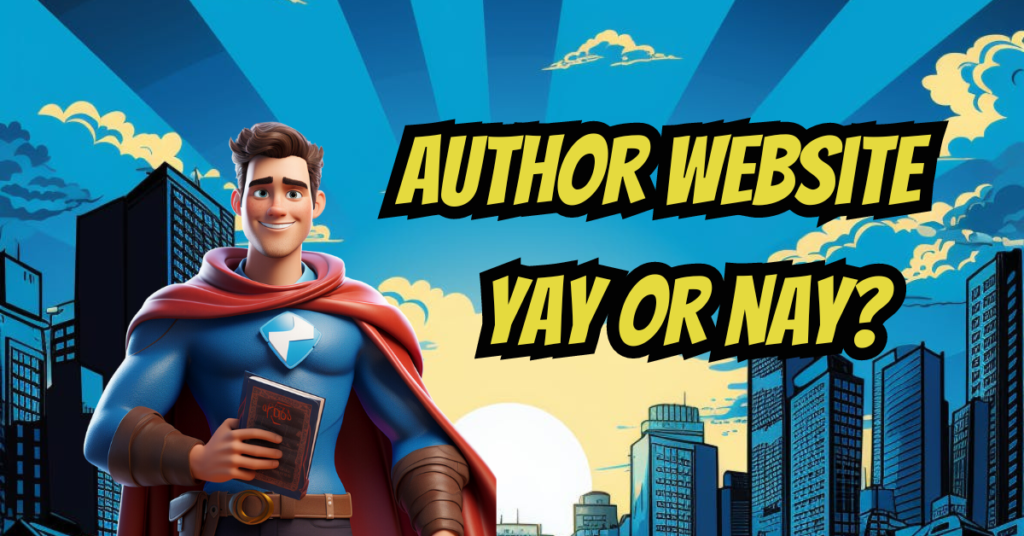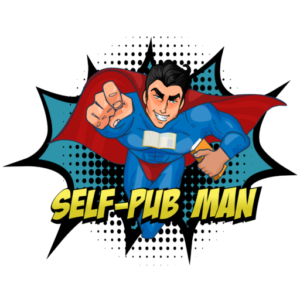In today’s digital age, having a well-crafted personal author website is essential for writers seeking to expand their reach, connect with readers, and build a solid online presence. Your website serves as a virtual storefront, representing your brand and showcasing your writing portfolio. This comprehensive guide will explore every aspect of creating a captivating personal author website that effectively highlights your expertise, establishes authority, and fosters meaningful connections with your audience.
Table of Contents

Why a Personal Author Website Matters?
Your website is your home, where readers and literary enthusiasts can discover more about you and your work. It offers a platform to showcase your literary accomplishments, express your unique writing voice, and engage with your readers personally. Moreover, a well-designed and optimized personal author website can significantly impact your writing career by:
- Expanding Your Reach: Your website acts as a global stage, reaching readers from different corners of the world who may have never seen your work.
- Building Credibility: A professional website enhances your author persona, showcasing your commitment to your craft and instilling trust in your readers.
- Establishing Authority: With a well-crafted blog, insightful articles, and a strong online presence, you can position yourself as an expert in your genre or niche.
- Fostering Connections: Engaging content and interactive elements on your website allow you to connect with your readers, building a loyal fan base.
- Marketing and Promotion: Your website serves as a marketing hub where you can effortlessly promote your books, events, and collaborations.
- Control over Your Brand: Having your website means you have full control over how you present yourself as an author.
Planning Your Personal Author Website
To ensure your personal author website resonates with your target audience, planning each aspect thoughtfully is crucial. Let’s explore the key elements you should consider during the planning phase:
1. Defining Your Purpose and Audience
Knowing the primary purpose of your website and understanding your target audience’s preferences are vital first steps. Are you focusing on selling books, engaging readers through blog posts, or establishing yourself as an expert in your niche? Understanding your audience’s demographics, interests, and reading habits will help you tailor your content accordingly.
2. Selecting a Memorable Domain Name
Your domain name is your website’s address on the internet, so choose one that’s easy to remember and represents your author brand. Opt for a .com extension if possible, as it’s widely recognized and trusted.
3. Designing a Captivating Website
An appealing website design can make a significant difference in engaging visitors. Consider a clean and modern layout with intuitive navigation. Use complementary colors, visually appealing images, and readable fonts to create a welcoming user experience.
4. Showcasing Your Portfolio
Create a dedicated page to showcase your writing portfolio. Include book covers, excerpts, and reviews to entice readers to explore your work further.
5. Writing an Engaging About Page
Your “About” page is an opportunity to introduce yourself to your readers and share your writing journey. Make it personable, honest, and inspiring to create a connection with your audience.
6. Incorporating a Blog Section
A blog is an excellent way to share fresh content with your readers regularly. Write on topics related to your writing, the publishing industry, and subjects that resonate with your audience.
7. Building an Email List
Offer a newsletter subscription option to visitors. An email list lets you communicate directly with your audience and inform them about your latest releases and events.
8. Integrating Social Media
Include social media icons on your website to encourage visitors to connect with you on various platforms. Engaging with readers on social media builds a loyal following.
9. Implementing SEO Strategies
Optimize your website for search engines by incorporating relevant keywords in your content and meta tags. This will improve your website’s visibility in search results and attract more organic traffic.
10. Mobile-Friendly Design
Ensure your website is mobile-friendly, as many readers access websites from their smartphones and tablets.
Frequently Asked Questions (FAQs)
What Content Should I Include on My Personal Author Website?
Your personal author website should feature an engaging homepage, an about page, a portfolio showcasing your work, a blog with insightful content, and contact information. Additionally, consider adding a media page, where journalists and bloggers can find resources for interviews and articles.
Do I Need to Hire a Professional Web Designer to Create My Website?
While hiring a professional web designer can result in a polished and customized website, it’s not a requirement. User-friendly website builders and templates allow authors to create their own websites without extensive technical knowledge.
How Can I Drive Traffic to My Website?
Driving traffic to your website involves various strategies, including optimizing your content for search engines, promoting your website through social media, engaging in guest blogging, participating in virtual events, and offering valuable content to attract and retain readers.
Should I Start a Blog on My Personal Author Website?
Yes, starting a blog is a great idea. A blog lets you regularly connect with your audience, showcase your writing skills, share insights, and attract new readers.
How Often Should I Update My Website’s Content?
The frequency of content updates depends on your capacity and audience engagement. Aim to update your blog at least once a month, while other sections, such as your portfolio or about page, can be updated as needed.
Is It Necessary to Have an Email Newsletter?
Having an email newsletter is highly beneficial. It allows you to communicate directly with your audience, nurture relationships, and inform readers about your latest news, releases, and events.
Conclusion
Creating a personal author website is pivotal in establishing your online presence as a writer. By carefully planning and designing your website, showcasing your writing portfolio, and connecting with your audience through engaging content, you can effectively convey your expertise, authority, and trust as an author. Remember to continuously update your website and engage with your readers to build a loyal fan base and boost your writing career.






